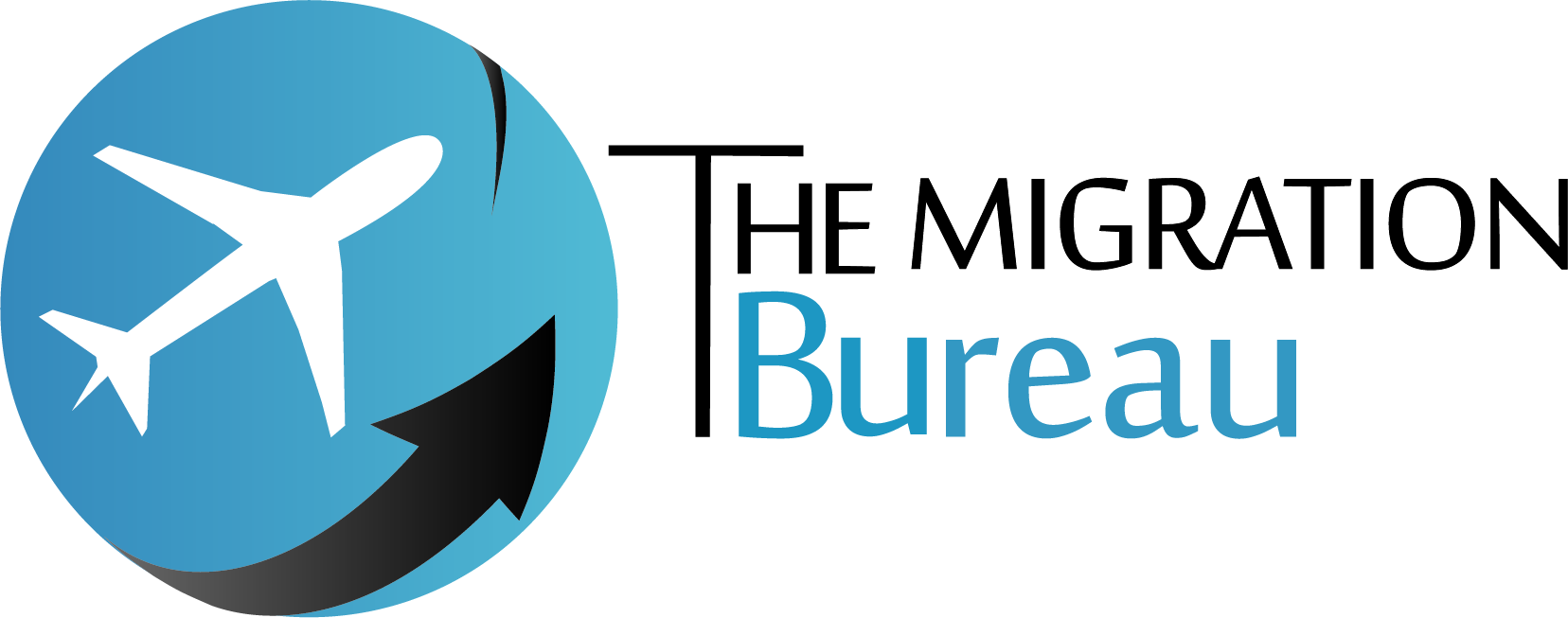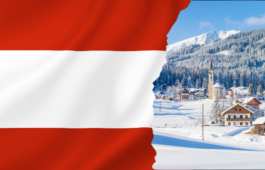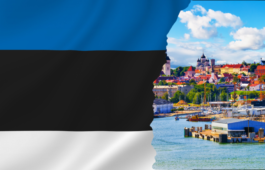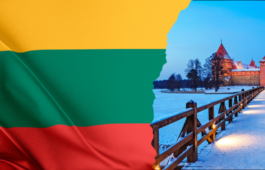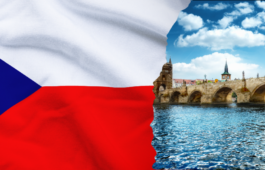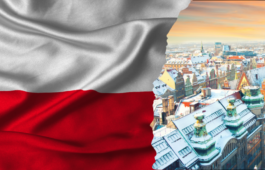- 25 May 2024
- Admin
- No Comments
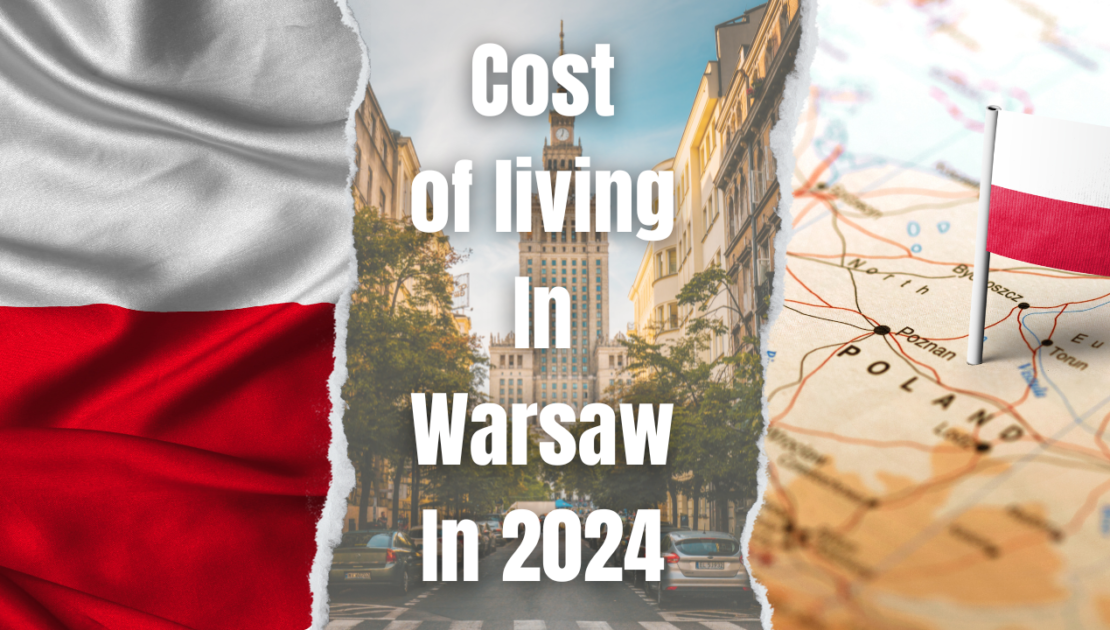
Cost of Living In Warsaw In 2024
Is Poland Expensive?
Poland is generally affordable compared to many Western European countries. Costs vary based on location, with major cities like Warsaw and Krakow being more expensive than rural areas. Housing, food, and transportation expenses are relatively reasonable, making Poland a budget-friendly destination. However, prices can be higher in tourist areas and for certain imported goods. Overall, Poland offers a good balance between quality of life and cost of living.
Polish Currency
All prices are valid as of April 2024 and will be listed in Polish złoty.
To convert them, you can easily divide by 4.0 for US dollars, 4.4 for euros, and 5.5 for British pounds.
Renting Flats
Renting a flat and covering utilities are often the largest expenses when relocating to a new country or city.
In Warsaw, renting a fully furnished studio apartment in the city center costs around 2500 PLN per month. In less populated districts, the monthly rent for a studio apartment drops to about 2000 PLN.
For a larger space, such as a one-bedroom or a two-room apartment, expect to pay around 3900 PLN per month.
Alternatively, renting a room in Warsaw is much cheaper, with costs around 800 PLN per month.
Cost Of Utilities
In addition to rent, you’ll need to cover utility costs, which include water, electricity, gas, heating, and waste disposal.
For a studio apartment in Warsaw, the monthly advance payment for utilities is approximately 300 PLN, while for a one-bedroom apartment, it’s around 500 PLN.
Some utilities have fixed costs. For instance, waste disposal in Warsaw is 85 PLN per person per month.
Water, electricity, and gas are billed based on actual usage. Here’s a breakdown based on average rates in Katowice:
- Water: 1m³ costs 4.23 PLN. With an average usage of 3 to 4 m³ per month, expect to pay about 13 PLN.
- Gas: If you use a gas cooktop, it will cost around 11 PLN per month. If you also use a gas water heater, the cost rises to about 68 PLN per month.
- Electricity: For an electric cooktop and water heater, typical usage is 150-250 kWh per month. Rates vary, but you might pay around 204 PLN monthly.
Heating costs can be calculated in two ways: either based on actual usage with a meter on the radiator or by dividing the building’s heating cost proportionally by apartment size. For a 25 m² studio apartment in central Warsaw, heating costs around 159 PLN per month, usually paid year-round.
Overall, monthly utility costs for a studio apartment range from 350 to 400 PLN, often exceeding the advance payment estimate. Including rent and utilities, expect to pay around 2800-2900 PLN per month for a studio apartment.
Subscriptions
Subscriptions and memberships are highly personal, so I’ll cover the most popular ones in Poland.
- Internet : If you’re renting an apartment, internet service is often included in the rent. If not, a monthly plan typically costs around 50 PLN. Major cities usually have fast optical fiber, so connectivity shouldn’t be an issue.
- Phone Plans : Poland offers a variety of options. You can opt for a prepaid card, which allows you to pay as you go—ideal for short-term stays. Alternatively, you can choose a monthly plan, which usually requires a 12-month contract. A flexible option without a long-term commitment is a monthly paid plan with a package of internet and unlimited calls and messages, available from providers like Orange (Flex) or Nju Mobile for about 25 PLN per month. International call rates vary by country and provider, but calls to EU countries generally cost around 1 PLN per minute.
- Streaming Services : A Netflix subscription ranges from 29 PLN (single user) to 60 PLN (four users) per month. Spotify subscriptions cost between 10 and 30 PLN per month.
- Gym Memberships : In Warsaw, there are several gym chains to choose from. For instance, a monthly membership at CityFit, conveniently located in the market square, costs about 80 PLN.
These are some of the most common subscription costs you might encounter while living in Poland.
Food
This section is the second largest part of the budget after rent and utilities. In larger cities, young people often prefer eating out to save time on cooking, resulting in different grocery needs. However, let’s assume you mostly eat at home. How much will you spend on basic Polish groceries? Let’s find out!
Breakfast Items:
– A small loaf of bread: ~4 PLN (double in a bakery)
– A bread roll: 1 PLN
– Butter (200g stick): ~7 PLN (quite pricey currently)
– Cheese or ham (100g): 3-4 PLN
– Eggs (10): 8 PLN
– Milk (1 liter): 3 PLN
– Yogurt (natural or fruit): ~2 PLN
For those with dietary restrictions, Polish supermarkets offer a wide range of lactose-free, gluten-free, eco, vegan, and vegetarian products, though they may be more expensive. For example, a liter of almond milk costs around 10 PLN.
Beverages
– Store-bought coffee (250g): 15-20 PLN
– Locally roasted coffee (250g): ~40 PLN
– Popular beers (500ml): ~4 PLN
– Wine (regular supermarket bottle): ~20 PLN
– Water (bottle): ~2.5 PLN
Fruits and Vegetables (winter prices):
– Tomatoes or bell peppers (1kg): ~15 PLN
– Potatoes (1kg): ~2 PLN
– Bananas (1kg): ~5 PLN
– Apples (1kg): ~3 PLN (available year-round)
– Oranges (1kg): ~5 PLN
– Strawberries (in season, June, 1kg): ~10 PLN
Local food markets can be pricier, especially for out-of-season produce.
Average Monthly Grocery Cost
Based on my research, the average monthly grocery bill is about 1000 PLN for one or two people. Special dietary needs may alter this amount.
By understanding these costs, you can better plan your budget for living in Poland.
Shopping
Where can you do your shopping? The most affordable supermarkets in Poland include Lidl, Auchan, and Kaufland. Another popular option is Biedronka (the Ladybug). Carrefour is slightly more expensive.
For quick and convenient shopping, you can visit Żabka (the Frog), a convenience store. Żabka stores are open every day, including Sundays, from early morning until late at night. However, they tend to be more expensive than supermarkets.
Public Transport
The best way to travel around the metropolitan area is with a Metroticket. This ticket grants unlimited access to all types of public transportation. In Warsaw, a Metro Ticket costs 110 PLN. Students receive a 50% discount, making it an affordable option for them.
Driving
Planning to have a car in Poland? While petrol prices in Poland are among the lowest in Europe, they might not feel cheap to residents. Currently, 1 liter of petrol costs around 6.5 PLN.
Health
Public health insurance in Poland is excellent for GP visits and unexpected hospitalizations. However, seeing a specialist can involve a wait of several months. For quicker access, private visits are recommended, costing around 150-250 PLN depending on the specialist and their qualifications.
To save on private visits, consider getting private health insurance through providers like LuxMed or Medicover, costing about 180 PLN per month. Employers often offer this as a benefit. This insurance is convenient for specialist visits and tests.
Public health insurance covers only basic treatment, and you often need to pay out-of-pocket. For example:
– Basic dental treatment: ~250 PLN
– X-ray: ~100 PLN
– Cleaning: from 150 PLN
Prices vary, so it’s wise to compare options in your city. You can also add a dental package to your private health insurance for about 30 PLN per month.
Summary
Let’s break down the monthly basic expenses for a single person renting a studio, primarily eating at home, and using public transport:
– Rent: 2200 PLN
– Subscriptions (phone, Netflix, gym): 150 PLN
– Groceries: 1000 PLN
– Monthly transport pass: 110 PLN
– Health insurance: 150 PLN
This totals to 3710 PLN per month, approximately 710 US dollars. Keep in mind that this is an average estimate and actual expenses may vary.
Conclusion
Living costs in Poland vary depending on lifestyle and location. Renting a studio in Warsaw costs around 2200 PLN, with utilities adding another 350-400 PLN. Subscriptions, groceries, and transportation contribute to a monthly budget of about 3710 PLN. Entertainment and dining out can increase expenses. Understanding these costs helps in budgeting effectively. Supermarkets like Lidl and Biedronka offer affordable shopping options, while public transport is accessible with a Metroticket. Health insurance, both public and private, covers basic and specialist care, though additional costs may apply. Overall, monthly expenses for a single person in Poland average around 710 USD.
